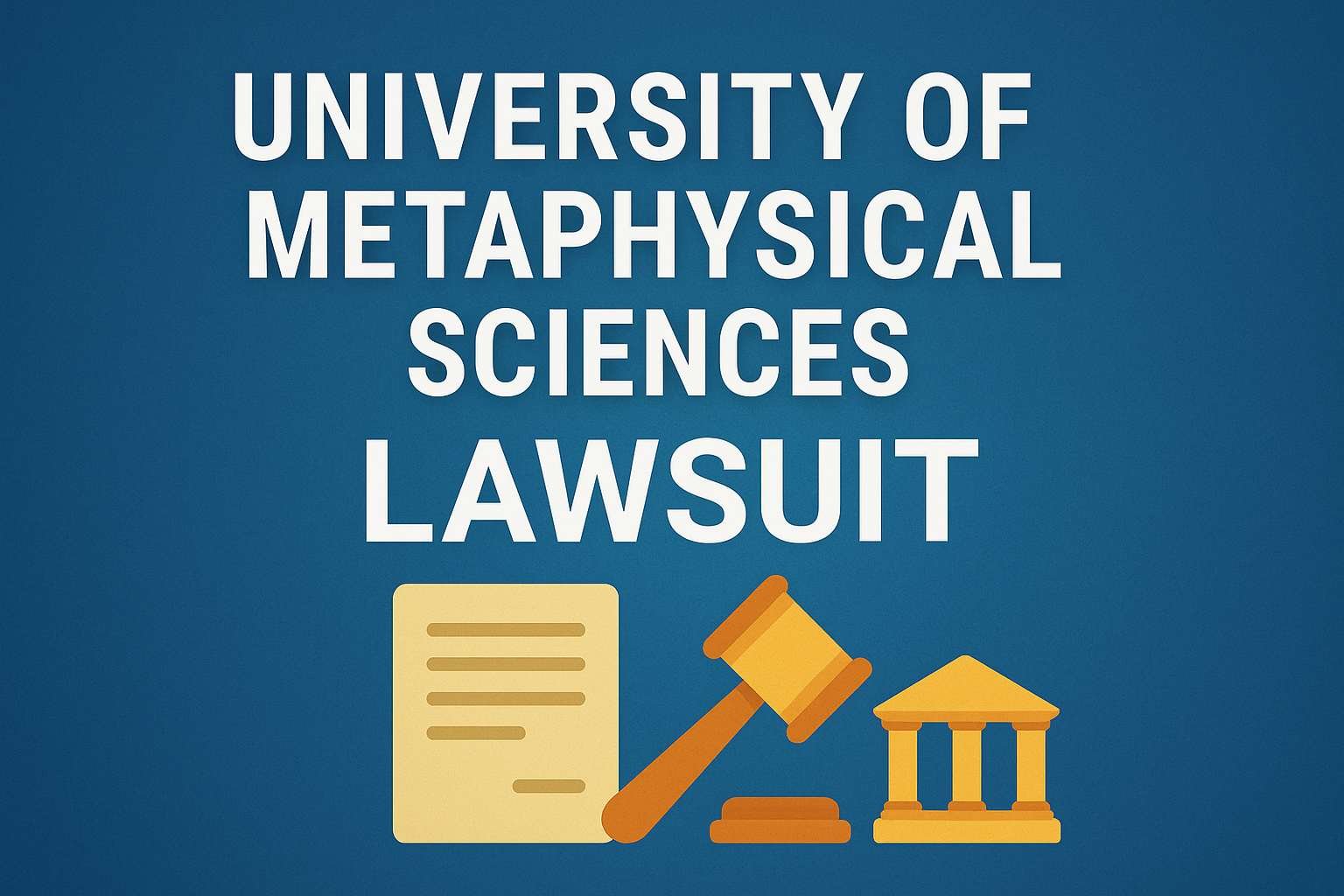Preparing for Pace University Algorithm Master final exam questions can be a daunting task when it comes to academic success. For students taking the Algorithm Master course at Pace University, mastering the material is key to performing well on the final exam. This guide is here to help you understand the nature of the exam, prepare effectively, and approach it with confidence. By the end of this article, you’ll have everything you need to know to excel in tackling Pace University Algorithm Master final exam questions.
Introduction
The Algorithm Master final exam at Pace University tests your knowledge and understanding of algorithms. It assesses critical concepts such as problem-solving, algorithm design, and optimization techniques. Whether you’re an aspiring computer scientist or simply fulfilling your degree requirements, excelling in this exam can be a stepping stone toward your goals. Understanding the structure and type of questions asked is vital in facing this challenge.
This article will cover:
- The structure of the Algorithm Master final exam.
- Key topics to focus on.
- Effective strategies for preparation.
- Tips for tackling different types of questions.
- Additional resources to help you succeed.
Understanding the Exam Structure
Before diving into preparation, it’s essential to understand how the final exam is structured. The exam typically includes:
- Multiple-choice questions (MCQs) test your theoretical understanding of algorithm principles and concepts.
- Problem-solving questions require you to design or analyze algorithms to solve problems.
- Coding Questions: You may be asked to write, debug, or optimize code for specific algorithmic tasks.
- Short Answer Questions: These focus on explaining concepts or comparing algorithms.
Each section tests a different aspect of your understanding, so balanced preparation is crucial. Familiarizing yourself with past Pace University Algorithm Master final exam questions can also give you insights into the exam pattern.

Key Topics to Focus On
While the exam covers many topics, some areas are more critical. Below are the key issues you should prioritize to master Pace University Algorithm Master final exam questions:
1. Sorting Algorithms
- Bubble Sort
- Merge Sort
- Quick Sort
- Insertion Sort
Understand the time complexity of each algorithm and the scenarios in which they perform best.
2. Search Algorithms
- Linear Search
- Binary Search
- Depth-First Search (DFS)
- Breadth-First Search (BFS)
Focus on their implementation and use cases.
3. Dynamic Programming
- Problems like the Knapsack Problem, Longest Common Subsequence, and Matrix Chain Multiplication.
- Learn how to break problems into sub-problems.
4. Graph Algorithms
- Dijkstra’s Algorithm
- Kruskal’s Algorithm
- Prim’s Algorithm
- Floyd-Warshall Algorithm
These are crucial for solving network-related problems often seen in final exam questions.
5. Recursion
- Master the basics of recursion and learn to convert recursive solutions into iterative ones where necessary.
6. Greedy Algorithms
- Understand how greedy strategies work and when they are optimal, e.g., Huffman Coding.
7. Complexity Analysis
- Big-O Notation
- Time and Space Complexity
- Best, Average, and Worst-Case Scenarios
8. Common Data Structures
- Arrays, Linked Lists, Stacks, Queues
- Trees, Graphs, and Hash Tables
These form the backbone of many algorithmic solutions and are integral to Pace University Algorithm Master final exam questions.
Strategies for Effective Preparation
Here are some proven strategies to prepare for the Algorithm Master final exam at Pace University:
1. Start Early
- Begin your preparation weeks before the exam to avoid last-minute stress.
- Allocate specific time slots for studying algorithms each day.
2. Review Class Materials
- Go through lecture notes, textbooks, and any slides provided by your professor.
- Focus on examples covered in class.
3. Practice Coding
- Use platforms like LeetCode, HackerRank, and Codeforces to solve algorithm problems.
- Aim to solve a mix of easy, medium, and hard problems.
4. Create a Study Plan
- Break down topics into manageable sections.
- Dedicate specific days to different issues, like sorting algorithms on one day and graph algorithms on another.
5. Join Study Groups
- Collaborate with classmates to discuss problems and share insights.
- Teaching others is a great way to reinforce your knowledge.
6. Understand the Why
- Don’t just memorize algorithms; understand why they work and how they’re applied.
7. Simulate Exam Conditions
- Practice solving questions within a set time limit to build speed and accuracy.
- Take mock exams to familiarize yourself with the pressure of the real test.
8. Utilize Problem-Specific Resources
Focus on algorithm-specific guides and tutorials for challenging topics. For instance, detailed walkthroughs for dynamic programming problems can help you understand the thought process behind breaking a problem into sub-problems.
9. Write Explanations
Practice explaining algorithms in your own words. Writing concise explanations for how an algorithm works will help solidify your understanding and prepare you for short answer questions.
10. Leverage Visual Aids
For topics like graph algorithms or dynamic programming, visualize how an algorithm works step by step using flowcharts, diagrams, or animation tools.
Tips for Tackling Exam Questions
When the exam day arrives, these tips will help you perform at your best:
1. Read Questions Carefully
- Understand what the question is asking before jumping into a solution.
- Pay attention to details, such as constraints and input/output formats.
2. Start with Easy Questions
- Solve questions you find easiest first to build confidence and save time for harder ones.
3. Plan Before You Code
- For coding questions, outline your solution before writing code.
- Use comments to organize your thoughts if allowed.
4. Optimize When Possible
- Always check if there’s a more efficient solution to the problem.
- Mention your optimization ideas in written answers.
5. Manage Your Time Wisely
- Allocate time to each question based on its weightage.
- Don’t spend too much time on a single question.
6. Review Your Answers
- If time permits, go back and check your answers for any errors.
- Ensure your code is syntactically correct and your logic holds up.
7. Use Examples to Validate Solutions
When writing algorithms, test them with simple inputs to confirm they work as expected.
8. Focus on Edge Cases
Ensure your solutions handle edge cases like empty inputs, large datasets, or invalid data.
9. Use Pseudocode
If you’re unsure about the exact syntax, writing pseudocode can help you communicate your solution effectively.
10. Stay Calm Under Pressure
Stress can affect your performance. Take deep breaths and maintain a positive mindset during the exam.

Additional Tips for Success
1. Break Down Complex Problems
If a question seems overwhelming, break it into smaller parts and solve each part step by step.
2. Learn From Mistakes
Review past assignments and exams to understand your weak areas and avoid similar mistakes.
3. Practice Debugging
Knowing how to identify and fix errors in code quickly is essential for coding-based questions. Practice debugging frequently.
4. Memorize Key Formulas
Some algorithms and techniques, such as those used in dynamic programming or graph theory, require specific formulas. Ensure you have them memorized.
5. Optimize Study Time
Use apps and tools to keep track of your progress and time spent on different topics. Focusing on weaker areas can boost overall performance.
6. Create Flashcards
Flashcards are excellent for memorizing Big-O complexities, key definitions, and algorithm steps.
7. Read Test Instructions Carefully
Make sure you understand all instructions given for each section of the test. Misinterpreting directions can lead to costly mistakes.
8. Get Plenty of Rest
The night before the exam, prioritize sleep over cramming. A rested mind is more effective at solving complex problems.
9. Stay Hydrated and Energized
Drink water and eat a balanced meal before the exam to maintain focus and energy levels.
10. Seek Feedback
Before the exam, ask your professor or peers for feedback on your problem-solving approach. This can help refine your methods and improve your accuracy.
Additional Resources
To deepen your understanding and sharpen your skills, consider these resources:
- Books
- Introduction to Algorithms by Cormen, Leiserson, Rivest, and Stein.
- Algorithms by Robert Sedgewick and Kevin Wayne.
- Online Courses
- Coursera’s Algorithm Specialization
- Udemy’s Master the Coding Interview series
- Coding Platforms
- LeetCode (focus on “Top Interview Questions” section)
- GeeksforGeeks
- YouTube Channels
- FreeCodeCamp
- MIT OpenCourseWare
Conclusion
The Algorithm Master final exam at Pace University may seem challenging. Still, with proper preparation and strategy, you can tackle it successfully. Focus on understanding the concepts, practice regularly, and confidently approach the exam. Periodically revisiting and solving Pace University Algorithm Master final exam questions will boost your preparedness.
Following the strategies outlined in this guide will prepare you to excel in the exam and strengthen your problem-solving skills for future endeavors. Remember, the key is consistent effort and a positive mindset. Good luck!
FAQs
1. What is the format of the Pace University Algorithm Master final exam?
The exam includes multiple-choice questions, problem-solving tasks, coding exercises, and short answer questions to test various algorithmic skills.
2. Which topics are most important for the exam?
Key topics include sorting algorithms, search algorithms, dynamic programming, graph algorithms, recursion, greedy algorithms, and complexity analysis.
3. How can I best prepare for coding-based questions?
Practice coding problems on platforms like LeetCode, HackerRank, and Codeforces. Focus on writing clean and efficient code.
4. What is the role of complexity analysis in the exam?
Complexity analysis, including Big-O notation, is crucial for evaluating and comparing the efficiency of different algorithms.
5. How can I manage time effectively during the exam?
Start with easy questions to build momentum, allocate time based on the weightage of the questions, and review answers if time permits.
6. What resources are recommended for studying?
Utilize textbooks like Introduction to Algorithms, online courses from Coursera or Udemy, and coding platforms like GeeksforGeeks and LeetCode.
7. How important is it to practice past exam questions?
Practicing past questions helps familiarize you with the exam format and difficulty level while identifying areas for improvement.
8. What are some common mistakes to avoid during the exam?
Avoid misinterpreting questions, neglecting edge cases, and spending too much time on a single problem.
9. Can study groups help in preparation?
Yes, joining study groups can provide diverse problem-solving perspectives and reinforce your understanding through peer discussions.
10. How can I stay calm and confident on exam day?
Ensure adequate preparation, get enough rest the night before, and practice stress-relief techniques like deep breathing during the exam.










